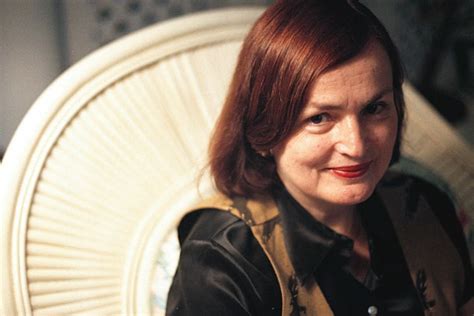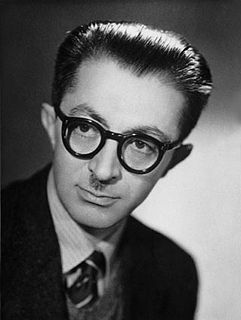A Quote by Henry Home, Lord Kames
Death, whether it regards ourselves or others, appears less terrible in war than at home. The cries of women and children, friends in anguish, a dark room, dim tapers, priests and physicians, are what affect us the most on the death-bed. Behold us already more than half dead and buried.
Related Quotes
The first thing I would like to tell you about death is that there is no bigger lie than death. And yet, death appears to be true. It not only appears to be true but also seems like the cardinal truth of life - it appears as if the whole of life is surrounded by death. Whether we forget about it, or become oblivious to it, everywhere death remains close to us. Death is even closer to us than our own shadow.
To begin depriving death of its greatest advantage over us, let us adopt a way clean contrary to that common one; let us deprive death of its strangeness, let us frequent it, let us get used to it; let us have nothing more often in mind than death... We do not know where death awaits us: so let us wait for it everywhere." "To practice death is to practice freedom. A man who has learned how to die has unlearned how to be a slave.
Death is the twin of love and mother of us all, she struggles equally for men and women and never accepts differences of caste or class. It's death that quickens us and brings us forth on sheets of love, clasped between sleep and wakefulness and barely breathing for a spell, and thus my death shall be like everybody else's death, as majestic and as pathetic as a king or a beggar's, neither more nor less.
[Tho]ugh death be a dark passage; it leads to immortality, and that is recompense enough for suffering of it. And yet faith lights us, even through the grave....And this is the comfort of the good, and the grave cannot hold them, and they live as they die. For death is no more than a turning of us over from time to eternity.
Suicide is not to fear death, but yet to be afraid of life. It is a brave act of valour to contemn death; but when life is more terrible than death, it is then the truest valour to dare to live; and herein religion hath taught us a noble example, for all the valiant acts of Curtius, Scarvola, or Codrus, do not parallel or match that one of Job.
A mother experiences more than one death, even though she herself will only die once. She fears for her husband; she fears for her children; again she fears for the women and children who belong to her children. ... For each of these-whether for loss of possessions, bodily illness, or undesired misfortune-she mourns and grieves no less than those who suffer.
When we choose to be parents, we accept another human being as part of ourselves, and a large part of our emotional selves will stay with that person as long as we live. From that time on, there will be another person on this earth whose orbit around us will affect us as surely as the moon affects the tides, and affect us in some ways more deeply than anyone else can. Our children are extensions of ourselves.
In ancient times before the divine sojourn of the Savior took place, even to the saints death was terrible; all wept for the dead as though they perished. But now that the Savior has raised his body, death is no longer terrible; for all who believe in Christ trample on it as it were nothing and choose rather to die than deny their faith in Christ. And that devil that once maliciously exulted in death, now that its pains were loosed, remained the only one truly dead.
Teach him to live rather than to avoid death: life is not breath, but action, the use of our senses, our mind, our faculties, every part of ourselves which makes us conscious of our being. Life consists less in length of days than in the keen sense of living. A man maybe buried at a hundred and may never have lived at all. He would have fared better had he died young.








































